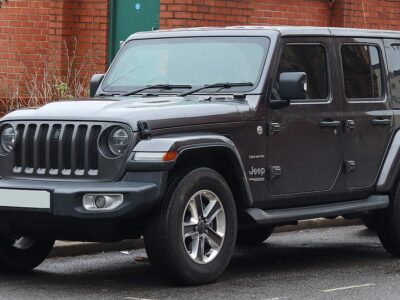
Best Engine Oil for Hyundai Tucson (2025 Guide): Complete Oil Type, Viscosity, and Maintenance Chart
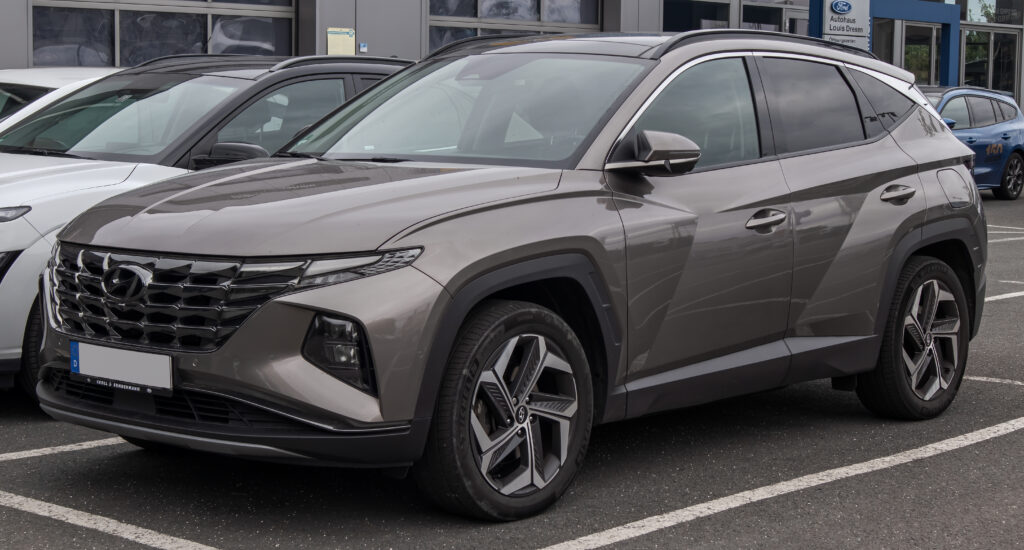
Choosing the correct engine oil for your Hyundai Tucson is one of the most important maintenance decisions you can make. The right oil ensures smooth performance, extends engine life, and optimizes fuel efficiency. In this complete 2025 guide, we break down everything you need to know — from oil specifications by engine type to viscosity grades, synthetic vs. mineral oils, and expert maintenance tips for your Tucson.
- Overview of Recommended Oils for Hyundai Tucson
- 2025 Hyundai Tucson Engine Oil Chart (Gasoline Models)
- Diesel Engine Oil Specifications
- Understanding Oil Viscosity (SAE Ratings Explained)
- Oil Quality Standards: API and ACEA Explained
- Synthetic vs. Semi-Synthetic vs. Mineral Oils
- When to Use a Higher Viscosity Oil
- Top Recommended Brands for Hyundai Tucson
- Oil Change Interval and Capacity
- Common Tucson Oil-Related Problems
- Pro Tips for Hyundai Tucson Owners
- Frequently Asked Questions (FAQs)
Overview of Recommended Oils for Hyundai Tucson
The Hyundai Tucson, across its various engine configurations, typically requires 5W-30 multigrade synthetic oil that meets API SN/SP and ACEA A5/B5 or C2/C3 specifications.
Using the correct oil maintains proper lubrication under both hot and cold conditions and prevents premature engine wear.
2025 Hyundai Tucson Engine Oil Chart (Gasoline Models)
Below is a complete breakdown of the recommended engine oil viscosity and quality for the most common Hyundai Tucson engines from 2018 to 2025.
| Model / Engine Type | Recommended Oil Viscosity | Quality Standards | Common Compatible Oils |
|---|---|---|---|
| Tucson 2.0L MPI | 5W-30 | ACEA A5/B5, API SM, ILSAC GF-4 | Shell Helix Ultra AF 5W-30, Castrol Edge 5W-30, ACDelco Dexos 1, ELF Evolution 900 SXR |
| Tucson 1.6L Smartstream TCI | 5W-30 | ACEA C2/C3/C5 | Shell Helix Ultra AG 5W-30, Castrol Edge C3 5W-30, ELF Evolution Full-Tech MSX |
| Tucson 1.6L T-GDI / GDI | 5W-30 | ACEA C2/C3 | Shell Helix Ultra AG 5W-30, Hella Synthetic SAE 5W-30 SN |
| Tucson 2.4L GDI | 5W-30 | ACEA A5/B5 | Liqui Moly Top Tec 4300, Castrol Magnatec Stop-Start 5W-30 A5, Shell Helix Ultra AF |
Diesel Engine Oil Specifications
Diesel-powered Hyundai Tucson engines require oils with ACEA C2/C3 certification for models with DPF (Diesel Particulate Filters), and ACEA A3/B4 for older diesel engines without DPF.
| Model / Engine Type | Recommended Oil Viscosity | Quality Standards | Common Compatible Oils |
|---|---|---|---|
| Tucson 2.0L Diesel DPF TCI | 5W-30 | ACEA C2/C3 | Shell Helix Ultra AG 5W-30, Castrol Edge 5W-30 C3, ELF Evolution Full-Tech MSX |
| Tucson 2.0L Diesel TCI (no DPF) | 5W-30 | ACEA A3/B4 | Shell Helix Ultra 5W-30, Liqui Moly Top Tec 4605, Pennzoil Platinum Euro 5W-30 |
Understanding Oil Viscosity (SAE Ratings Explained)
Oil viscosity measures how easily the oil flows. Hyundai recommends multigrade oils such as 5W-30, which perform well under various temperatures.
- The “5W” represents the viscosity at low temperatures (winter).
- The “30” represents viscosity at operating temperature.
For regions with ambient temperatures between -20°C and +35°C, 5W-30 is ideal.
If you experience severe cold or extremely high heat, you may consider 0W-30 or 10W-40, depending on your driving environment.
You may be interested in reading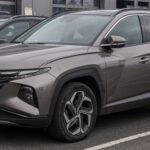 How to Reset the Service Light on a Hyundai Tucson – Quick and Easy Guide
How to Reset the Service Light on a Hyundai Tucson – Quick and Easy GuideOil Quality Standards: API and ACEA Explained
Every engine oil label lists its certification standards. Hyundai Tucson engines require API or ACEA compliance:
API Standards (American Petroleum Institute)
- SN: Suitable for vehicles up to model year 2020
- SP: Latest standard (since 2020) for direct-injection gasoline engines
- CJ-4/CK-4: For diesel engines, ensuring soot and wear protection
ACEA Standards (European Automobile Manufacturers Association)
- A3/B4: For high-performance gasoline and diesel engines
- A5/B5: For extended drain intervals and low viscosity
- C2/C3/C5: Designed for modern engines with DPFs and catalytic converters
Always check your owner’s manual for the specific combination of these standards required for your engine.
Synthetic vs. Semi-Synthetic vs. Mineral Oils
| Oil Type | Composition | Durability | Ideal For |
|---|---|---|---|
| Full Synthetic | Chemically engineered molecules | Longest lifespan, highest performance | Modern engines and extreme temperatures |
| Semi-Synthetic | Blend of synthetic and mineral oils | Balanced cost and quality | Older vehicles or moderate driving conditions |
| Mineral Oil | Refined crude oil | Low durability, requires frequent changes | Very old engines or temporary use |
⚠️ Important:
Never switch directly from mineral to synthetic oil. Always transition through a semi-synthetic to avoid clogging oil passages with loosened deposits.
When to Use a Higher Viscosity Oil
If your Hyundai Tucson has:
- Over 200,000 km (124,000 miles)
- Noticeable oil consumption
- White smoke from the exhaust
- Low oil pressure
…you can safely move from 5W-30 to 10W-40 or 5W-40.
This thicker oil compensates for engine wear and maintains pressure in older engines.
Top Recommended Brands for Hyundai Tucson
- Shell Helix Ultra Professional AG/AF 5W-30 – OEM-approved by Hyundai and Kia.
- Castrol Edge 5W-30 C3 – Excellent for turbocharged gasoline and diesel engines.
- ELF Evolution Full-Tech MSX 5W-30 – Reliable European-grade synthetic oil.
- Liqui Moly Top Tec 4300 / 4605 5W-30 – Ideal for long drain intervals.
- ACDelco Dexos 1 5W-30 – Perfect for North American Tucson variants.
Oil Change Interval and Capacity
| Engine Type | Oil Capacity (with filter) | Change Interval |
|---|---|---|
| 2.0L MPI | 4.2 – 4.5 liters | Every 10,000 km or 12 months |
| 1.6L GDI / T-GDI | 4.0 – 4.3 liters | Every 10,000 km or 12 months |
| 2.4L GDI | 4.5 – 4.8 liters | Every 10,000 km or 12 months |
| 2.0L Diesel | 5.3 – 5.5 liters | Every 10,000 km or 12 months |
1. Oil in the Intercooler or Intake
Often caused by a worn turbocharger or PCV valve malfunction, especially in older diesel models.
2. Oil on the Dipstick Tube or Foaming
This can indicate blow-by gases, moisture contamination, or incorrect oil viscosity.
You may be interested in reading How to Reset the Service Light on a Hyundai Tucson – Quick and Easy Guide
How to Reset the Service Light on a Hyundai Tucson – Quick and Easy Guide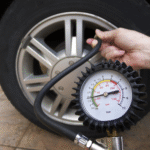 How to Reset the Tire Pressure System on Your Hyundai Tucson — Complete 2025 Guide
How to Reset the Tire Pressure System on Your Hyundai Tucson — Complete 2025 Guide3. Oil in the Throttle Body
Typically due to PCV system failure, common in Tucson CRDi diesel models.
4. Oil Light Flickering
Caused by low oil level, a clogged filter, or failing oil pressure sensor.
Pro Tips for Hyundai Tucson Owners
- Always use reputable oil brands with verified certification labels.
- Replace the oil filter with each oil change.
- Avoid mixing different oil viscosities or types.
- If you switch oil types (e.g., from mineral to synthetic), perform a short flush cycle first.
- For turbocharged engines, let the car idle for 30 seconds before shutting off — this protects the turbo bearings.
Frequently Asked Questions (FAQs)
1. What oil does Hyundai recommend for the 2025 Tucson?
Hyundai recommends 5W-30 full synthetic oil meeting API SP or ACEA C3 standards.
2. Can I use 10W-40 instead of 5W-30?
Yes, but only if your engine has high mileage or excessive oil consumption. Otherwise, stick to 5W-30.
3. How often should I change Tucson engine oil?
Every 10,000 km (6,000 miles) or 12 months, whichever comes first.
4. What happens if I use the wrong oil?
Using the wrong viscosity or quality oil can lead to increased wear, reduced fuel efficiency, and potential engine damage.
5. Which brand of oil is best for Hyundai Tucson?
Top brands include Shell Helix Ultra, Castrol Edge, Liqui Moly, and ELF Evolution.
 How to Reset the Service Light on a Hyundai Tucson – Quick and Easy Guide
How to Reset the Service Light on a Hyundai Tucson – Quick and Easy Guide How to Reset the Tire Pressure System on Your Hyundai Tucson — Complete 2025 Guide
How to Reset the Tire Pressure System on Your Hyundai Tucson — Complete 2025 Guide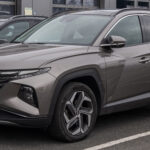 Hyundai Tucson Tire Size Guide: Complete Reference for All Model Years
Hyundai Tucson Tire Size Guide: Complete Reference for All Model YearsFinal Thoughts
Maintaining the correct engine oil for your Hyundai Tucson is the foundation of long-lasting performance. Whether you drive a 2.0 MPI, 1.6 T-GDI, or 2.0 CRDi diesel, following Hyundai’s official specifications for oil viscosity and quality guarantees smooth operation, strong fuel economy, and protection under all conditions.
For best results, always perform oil changes on schedule and stick to certified 5W-30 full synthetic oils from trusted brands.
If you want to know other articles similar to Best Engine Oil for Hyundai Tucson (2025 Guide): Complete Oil Type, Viscosity, and Maintenance Chart you can visit the category Service and Parts.
Leave a Reply

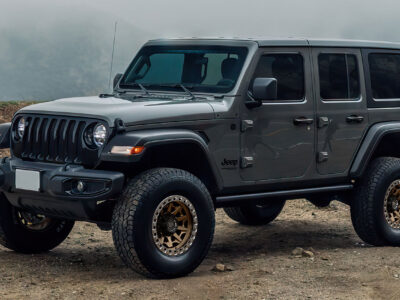
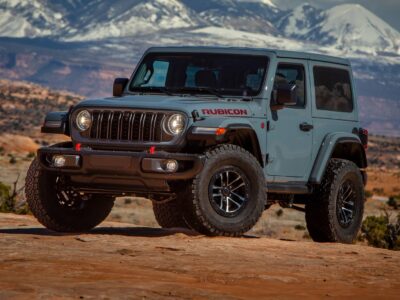
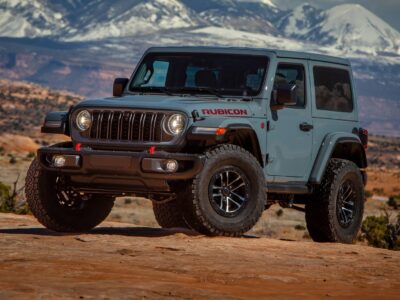
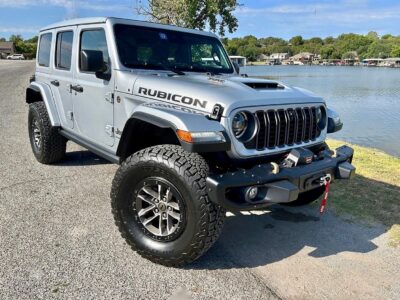
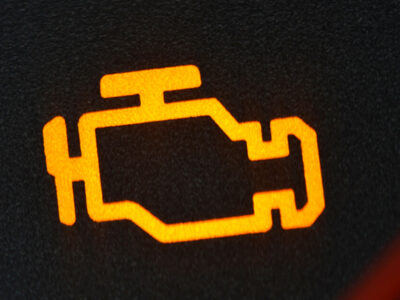
More content of your interest